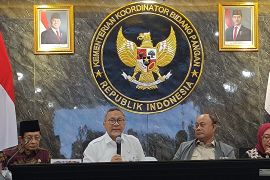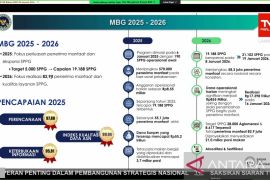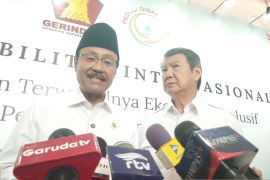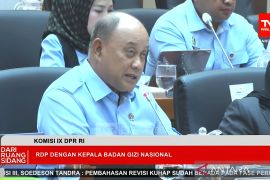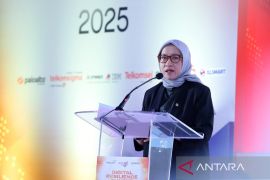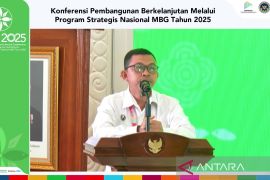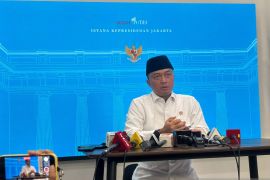During a House of Representatives plenary meeting on Tuesday, she explained that the program aims to improve nutritional outcomes, enhance cognitive development, and prevent stunting.
The government has allocated Rp197.8 trillion (US$12 billion) to the health sector, prioritizing stunting prevention.
Over the past decade, Indonesia has successfully reduced stunting prevalence from 37.2 percent to 21.5 percent. However, Indrawati emphasized the need to accelerate this progress.
"Our regional stunting intervention focuses on 12 priority provinces, concentrating on prevention efforts during the critical first 1,000 days of life," she stated.
The 2025 Financial Note outlines the MBG Program's goal of cultivating a high-quality and competitive workforce.
The program will provide nutritious food and free milk at schools, as well as nutritional assistance to toddlers, pregnant women, and breastfeeding mothers at risk of stunting. This is expected to improve student attendance and learning outcomes.
The MBG Program will be implemented through public kitchens, involving local micro, small, and medium enterprises (MSMEs).
With a budget of approximately Rp71 trillion (US$4.4 billion), or 0.29 percent of Indonesia's GDP, the program covers food costs, distribution, and operational expenses. It is also expected to generate a multiplier economic effect.
Beyond improving human capital, the MBG Program is expected to drive economic growth by around 0.10 percent and create approximately 0.82 million jobs through the empowerment of MSMEs.
Related news: National Nutrition Agency formed to implement priority program
Related news: Free Nutritious Meal program to create multiplier effect: minister
Translator: Imamatul Silfia, Resinta Sulistiyandari
Editor: Anton Santoso
Copyright © ANTARA 2024

